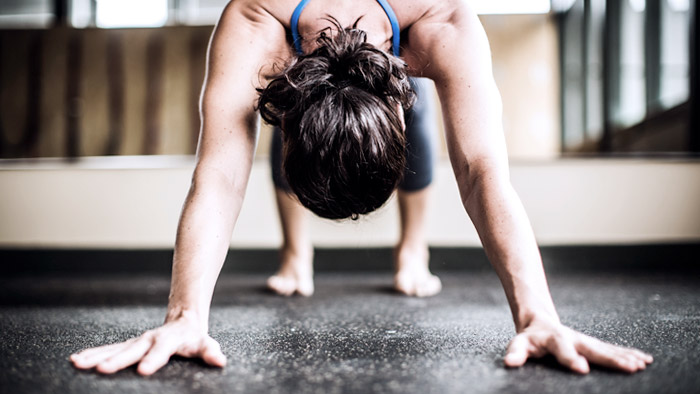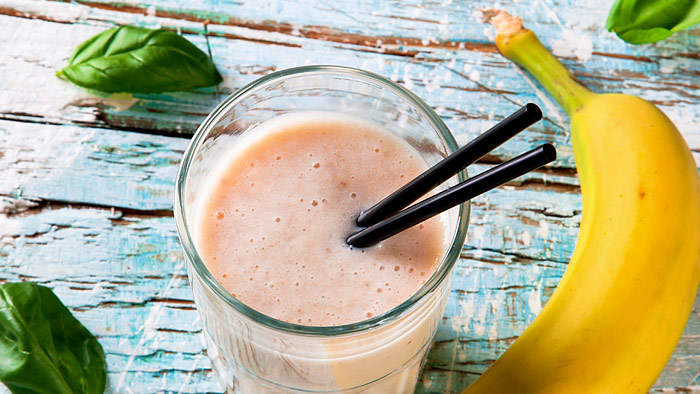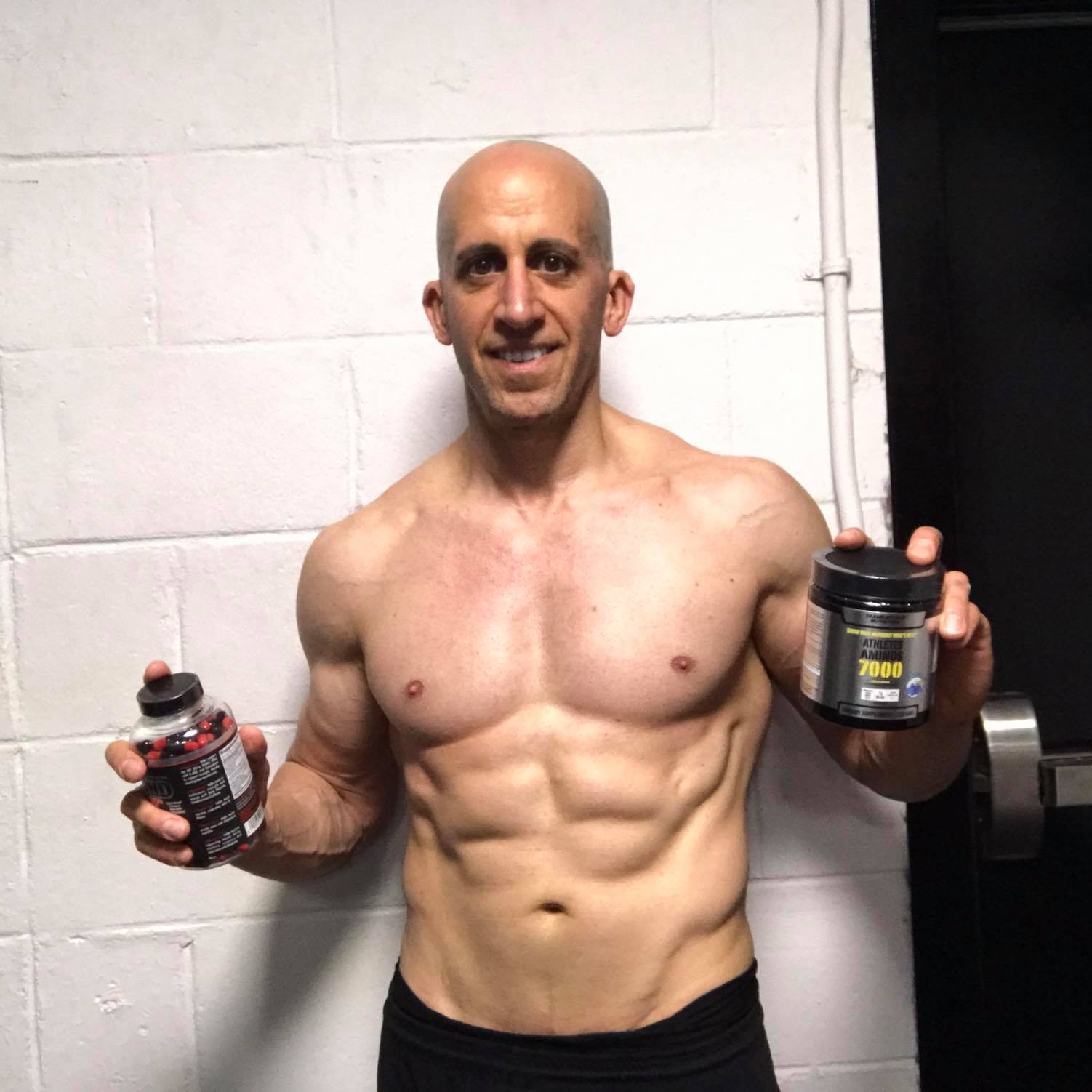I was recently on a Facebook thread where someone asked whether people enjoyed taking rest days. There was, of course, the usual playful banter and outpouring of love for rest days, which was great. However, a fair few athletes also made somewhat brash claims about how they never rest or take down weeks. I deliberately stayed out of the conversation, but I really wanted to ask the tough guys about their injury histories and race performances. Why? Because recovery is NOT a dirty word.
You will not lose fitness if you take a rest day, or two, a week. You will not forget how to swim, bike, or run. You won’t even DNS or DNF. In fact, the opposite is true — if you allow your body to periodically take rest days and have recovery weeks built into your plan, you will progress as an athlete.
Benefits of Recovery for Athletes
By resting and recovering properly, you effectively:
- allow your muscles to repair and thus become stronger.
- minimize your risk of overuse injuries.
- minimize your risk of mental burnout.
- avoid getting dumped by family and friends. This may not be strictly medical, but is surely an important consideration!
The takeaway is to not be afraid of or feel guilted out of taking a recovery day. If you have a coach, work with them to agree upon a day(s) that would work best for your training schedule. It should be a day that you look forward to, in which you plan time to spend with family and friends or enjoy another hobby outside of the sports realm. Your body and mind will thank you for it — and it’s a great time to give back to the support team around you. When implementing recovery time into your training plan, make sure to consider these five strategies.
1. Build recovery weeks into your training.
Essentially, a recovery week is a light week that happens every 2-3 weeks into your training block. A good rule of thumb for a recovery week is to drop your training volume between 50% to 60% of what you were doing the previous week. Keep the intensity light — no hills or speed sessions, please!
A recovery week simply allows your body to recover, your energy levels to return, and for you to catch up on much-needed sleep and family time. This isn’t just hearsay but is a scientifically proven phenomenon called the supercompensation theory. The supercomp theory holds that if you rest and recover after a hard block of training, your body is actually able to push itself beyond where it left off when you return to training. Matt Wilpers does a good job of explaining the theory in detail in this article.
2. Eat well throughout your training block.
Nutrition is critical not only for fuel (via carbs) but also for the body to repair itself (via protein). There is no point in signing up for an endurance challenge if you are not going to match your healthy lifestyle with a healthy diet. This doesn’t mean you will never eat chips again; it simply means making more healthy food choices than not. Think more green than brown! To better aid recovery, load up on healthy proteins, such as the ones found in chicken, turkey, fish, nuts, and beans.
3. Get some sleep.
True recovery happens when you sleep, especially when you sleep well. This is when your muscles repair, and your energy levels recover. Try to get 7-9 hours of good quality sleep each night. Yes, I know — your work/life/family may have other ideas, but simply skipping out on a TV show at the end of the day can make a world of difference! Read here for some handy tips on getting some quality shut-eye.
4. Listen to your body.
Keep an eye on certain metrics — like your mood, fatigue levels, and resting heart rate — for red flags. This could encompass losing your training mojo altogether or noticing that your resting HR is 5-10 beats more than average. This is your body telling you to take some downtime. Notify your coach of these changes, or adjust your training plan if you’re self-coached. An additional rest day might be all you need to complete the rest of the week with quality sessions.
5. Instill good habits during your non-recovery weeks, too.
Try to incorporate foam rolling, stretching, and other mobility work into your regular routine. Athletes really benefit by setting aside 10-15 minutes each night to stretch and/or foam roll the key muscles (i.e., glutes, hamstrings, calves, quads, hip flexors, etc.). It’s easy to multitask during these short sessions (e.g., foam while watching TV or chatting to your partner at the end of the day).
I find that most people coming from a unisport background have awful flexibility, so sign up for a yoga or pilates class on your rest days (or buy an online tutorial). The positive impact on performance is usually quite dramatic. Other good recovery habits include staying hydrated and not sitting down all day at the desk.
Our bodies are capable of amazing things. But we should not view rest and recovery as preventing us from getting closer to our athletic goals. Smart athletes are ones that recognize and embrace good recovery strategies, and they will be the ones who a) get to the start line and b) achieve their goals on race day.









